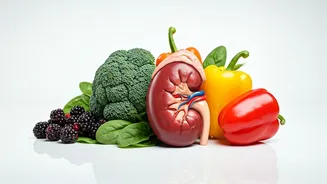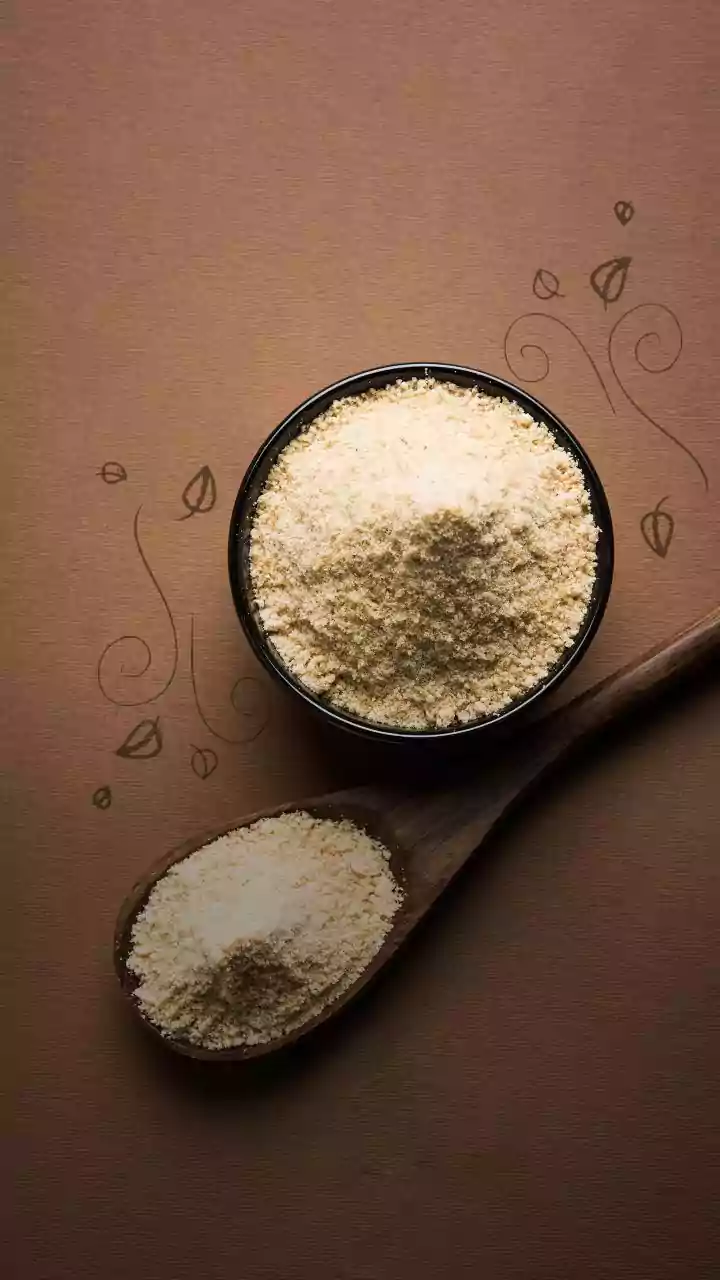Kidney Health Basics
Kidney health is a critical aspect of overall wellness, playing a pivotal role in filtering waste and regulating bodily fluids. The kidneys work diligently,
performing essential tasks such as removing toxins, balancing electrolytes, and managing blood pressure. However, these vital organs are susceptible to various health threats, and dietary choices have a profound impact on their function and longevity. The foods we consume can either support kidney health or contribute to its decline. The information presented aims to provide a clear understanding of foods that either enhance or hinder kidney function, offering practical guidelines for a kidney-friendly diet. Making informed choices about what you eat empowers you to take control of your kidney health, making it an essential topic for anyone looking to optimize their well-being. Understanding the impact of different food categories allows for effective dietary adjustments that can support kidney health and may help prevent potential issues.
Embrace: Beneficial Foods
Certain foods have been identified as beneficial for kidney health. These choices are supported by research and can contribute positively to kidney function. Leafy green vegetables are packed with vitamins, minerals, and antioxidants, helping reduce inflammation, which is vital for kidney well-being. Berries, which are rich in antioxidants, combat oxidative stress, protecting the kidneys from damage. They are low in sodium and phosphorus. Additionally, apples are a good source of fiber, which helps regulate blood sugar levels. They are also rich in antioxidants, offering kidney protection. Finally, cruciferous vegetables, such as cauliflower and broccoli, are high in fiber, vitamin C, and vitamin K, supporting overall health. Including these foods in your diet provides essential nutrients and may assist in maintaining kidney health.
Avoid: Foods to Limit
Conversely, certain foods can negatively affect kidney function and should be consumed in moderation or avoided. Processed foods, often high in sodium, can increase blood pressure, which strains the kidneys. Excessive sodium intake increases the workload on the kidneys. Red meats, which are high in protein, can stress the kidneys as they work to filter waste products. Limiting red meat intake can lessen the burden on your kidneys. Sugary drinks, like soda and sweetened beverages, are associated with a higher risk of kidney disease. Regular consumption can cause kidney damage. High-phosphorus foods like certain dairy products and processed foods can also be detrimental. High phosphorus levels in the blood may cause kidney problems. Being conscious of what foods to limit is just as important as knowing what to include for kidney health.






















